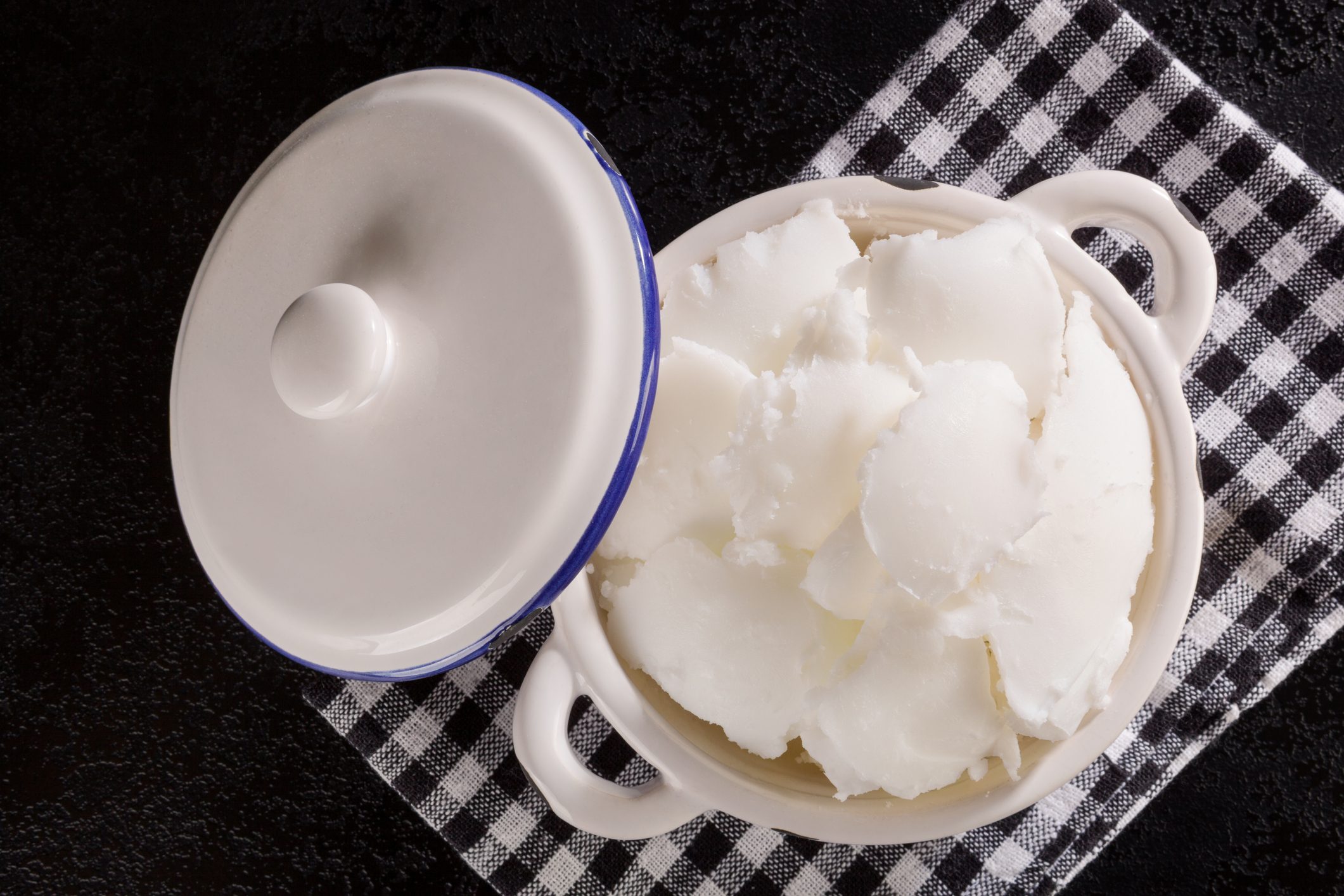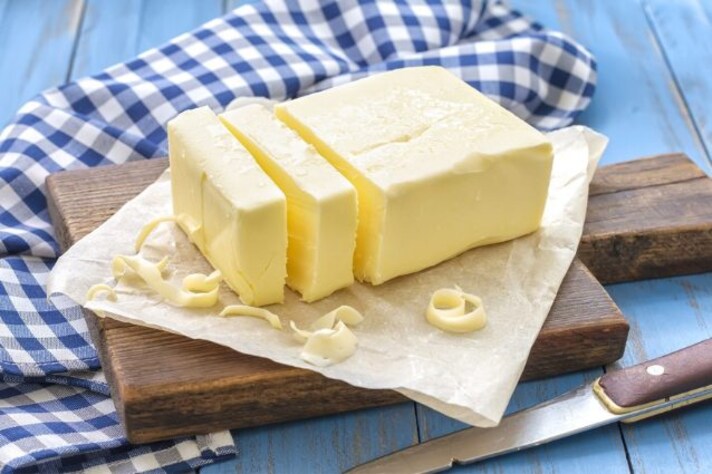The Top 6 Shortening Substitutes
Shortening is a go-to ingredient for flaky pastries and crispy fried foods, but what if you’re out or need a healthier swap? From butter to coconut oil, there are plenty of substitutes that can deliver similar texture and flavor. The key is knowing which alternative works best for your recipe—because not all fats are created equal.
;Resize,width=742;)
Shortening is a staple in many American kitchens, prized for its ability to create flaky pastries, tender baked goods, and for its utility in frying due to its high smoke point. However, whether you're looking to replace it for health reasons or simply ran out, there are several excellent substitutes you can use. Here's a comprehensive guide to the best alternatives to shortening, tailored for an American audience.
What is Shortening?
Shortening is a type of fat used predominantly in baking and frying. Traditionally made from hydrogenated vegetable oils like soybean or cottonseed oil, it remains solid at room temperature and has a neutral flavor. Its primary function is to inhibit gluten formation in doughs, resulting in tender, flaky textures in pastries and baked goods.
Top Substitutes for Shortening
1. Butter

Butter is perhaps the most popular substitute for shortening. It imparts a rich flavor and can be used in equal amounts as a replacement. However, butter contains water (about 16-20%), which can affect the texture of your baked goods, making them slightly denser. It's ideal for cookies, cakes, and pie crusts where a buttery flavor is desired.
2. Coconut Oil

Coconut oil is a plant-based alternative that remains solid at room temperature, similar to shortening. It can be used in a 1:1 ratio in most recipes. Keep in mind that unrefined coconut oil has a distinct coconut flavor, which may or may not complement your dish. Refined coconut oil has a more neutral taste. It's suitable for baking and sautéing.
3. Lard

Lard, rendered from pork fat, was commonly used before the advent of vegetable shortening. It has a high smoke point, making it excellent for frying, and produces exceptionally flaky pastries. Use it in a 1:1 ratio as a shortening substitute. Note: Lard is not suitable for vegetarian or kosher diets.
4. Margarine

Margarine is a plant-based spread that can replace shortening in equal amounts. It contains water and other additives, which can slightly alter the texture of baked goods. Opt for stick margarine over tub versions for better results in baking.
5. Vegetable Oil

Vegetable oil can be used as a substitute for shortening, especially in recipes where the fat is melted, like brownies or certain cakes. However, it won't provide the same structure as solid fats, so it's not ideal for pastries or pie crusts. Use 7/8 cup of vegetable oil for every 1 cup of shortening.
6. Vegan Butter
For those following a vegan diet, plant-based butters made from oils like olive, avocado, or coconut can serve as a shortening substitute. Use in a 1:1 ratio. Be aware of the salt content and adjust your recipe accordingly.
;Resize,width=767;)
;Resize,width=712;)


